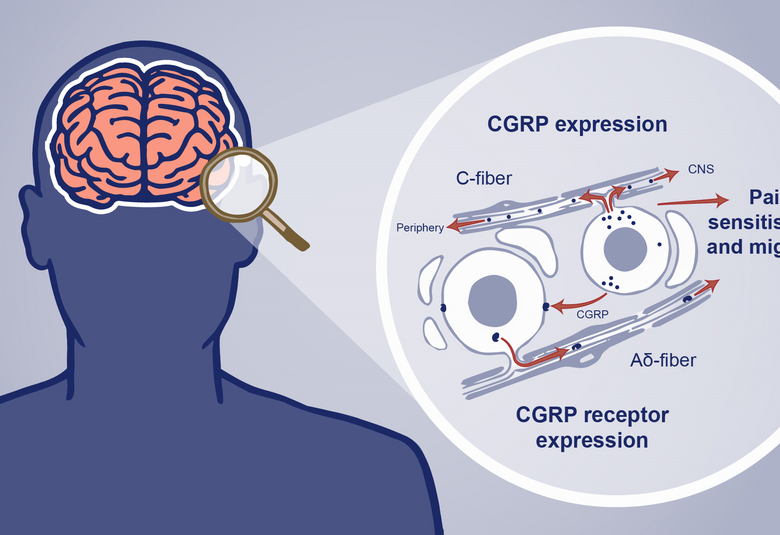
Complementary approaches for improving outcomes in first-episode psychosis
Early intervention (EI) services are designed to improve outcomes in patients with first episode psychosis (FEP). Outcomes can also be improved by reducing the duration of untreated psychosis (DUP) and by providing phase-specific specialized early intervention (SEI). However, these strategies are rarely used in combination.
Recent studies show that the benefits of SEI — in terms of outcome, cost-effectiveness, and duration of remission —are modulated by DUP, and that reducing DUP is essential if patients are to benefit from prolonged SEI.
Prolonged SEI is beneficial when provided in the early years of illness
The OPUS II trial investigated whether patients with first episode schizophrenia spectrum disorder benefitted from prolonged SEI for up to 5 years.1 The trial randomized 400 patients either to 5-years’ SEI using OPUS or 2 years’ OPUS followed by treatment as usual (TAU). Similar improvements in negative symptoms, psychotic dimension and disorganized dimension were observed in both groups. Nikolai Albert (University of Copenhagen) suggests this might be because, for most patients, SEI was initiated late (median DUP 52 weeks).
Prolonged specialized early intervention is more beneficial than treatment-as-usual only when provided in the early years of illness and not just in the early years after diagnosis
To test this hypothesis, OPUS II participants were grouped according to treatment delay (TD) and time from first symptom until the start of SEI treatment (evaluating DUP).2 Patients with shorter DUP (≤ 3 months) had a slightly better response to prolonged SEI with regards to disorganized and negative symptoms, but differences were not significant. For patients with shorter TD (≤ 6 months), there was a significant difference on the negative dimension favoring prolonged SEI. This suggests that prolonged SEI is more beneficial than TAU only when provided in the early years of illness and not just in the early years after diagnosis.
Coordinated specialty care is more effective than standard care: Outcomes and cost-effectiveness are improved by reducing DUP
The RAISE initiative — launched by the National Institute of Mental Health (NIMH) in 2008 — is designed to evaluate the feasibility, effectiveness and scalability of NAVIGATE, a coordinated specialized care (CSC) program for patients with FEP. The initiative consists of two main components — the RAISE Early Treatment Program (RAISE-ETP) and RAISE Connection, which later evolved into OnTrackNY.
Patients with shorter DUP (≤74 weeks) derived substantially more benefit from CSC than those with longer DUP
RAISE-ETP
RAISE-ETP was conducted in 404 patients with non-affective psychosis and a single psychotic episode from 34 clinics in 21 states.3 Clinics were randomly assigned to provide NAVIGATE or standard community care for 24 months. DUP varied considerably between patients, but was generally high (median 74 weeks).
Overall, NAVIGATE recipients experienced greater improvements in quality of life, psychopathology and involvement in work or school compared with patients in standard care.3,4 Patients with shorter DUP (≤74 weeks) derived substantially more benefit from CSC than those with longer DUP.
CSC was most cost-effective in patients with lower versus higher DUP
For NAVIGATE patients with DUP ≤74 weeks, average annual treatment costs were 15% lower than the annual cost of standard care. CSC was most cost-effective in patients with lower versus higher DUP.
OnTrackNY
OnTrackNY is an ongoing randomized clinical trial (RCT) conducted at 21 specialty care clinics in New York with patients with non-affective psychosis. Each clinic provides sustained training/feedback to teams, uses assertive community outreach strategies to recruit patients earlier, and has approximately 4 years of experience with CSC.
Rates of hospitalization decreased from approximately 70% at baseline to 10% at 3 months, and global functioning measures improved continuously over 1 year
Preliminary results from 325 patients attending the first 10 participating clinics found that, as expected from a CSC with outreach strategies, median DUP (5.3 months) was 73% lower than that observed in the RAISE-ETP study.5 Within 6 months of entering the program, education and employment rates increased by 80%. Rates of hospitalization decreased from approximately 70% at baseline to 10% at 3 months, and global functioning measures improved continuously over 1 year. Overall, shorter DUP predicted better symptomatic outcome.
What about patients with adult-onset psychosis?
Existing SEI strategies focus on patients with FEP in their late-teens/early adulthood; SEI programs for adult-onset psychosis are limited.6 The Jockey Club Early Psychosis (JCEP) study examined the effects of SEI versus standard care on outcomes in 360 patients with FEP aged 26 to 55 years.6
Results from a recent study confirmed the WHO and IEPA recommendation regarding DUP less than 12 weeks
Compared to the standard care group, patients receiving 4-year SEI had significantly improved functional outcomes, in particular social functioning. Consistent with results from RAISE and OnTrack studies, patients with shorter DUP (≤93 days) had better overall outcomes than those with longer DUP.
Reducing DUP can increase remission time: 12 is the magic number!
The effects of DUP remain for many years after treatment initiation and highlight the need to diagnose patients both early and act on them significantly
Post-hoc analysis of data from a large RCT conducted in 217 FEP patients found that length of remission was significantly improved in patients receiving prolonged (5-year) EI compared to those receiving standard care (2-years’ EI). Patients with DUP ≤12 weeks who received prolonged EI experienced significantly longer remission for negative and total symptoms (but not positive symptoms) than those receiving standard care. However, no clear benefit for prolonged EI was observed for patients with DUP ranging from 13 to 18 weeks. This study provides the first empirical evidence to support a target DUP of ≤12 weeks, as recommended by the World Health Organization (WHO) and the IEPA.
Overall, results suggest that the effects of DUP remain for many years after treatment initiation and highlight the need to diagnose patients both early and act on them significantly.


